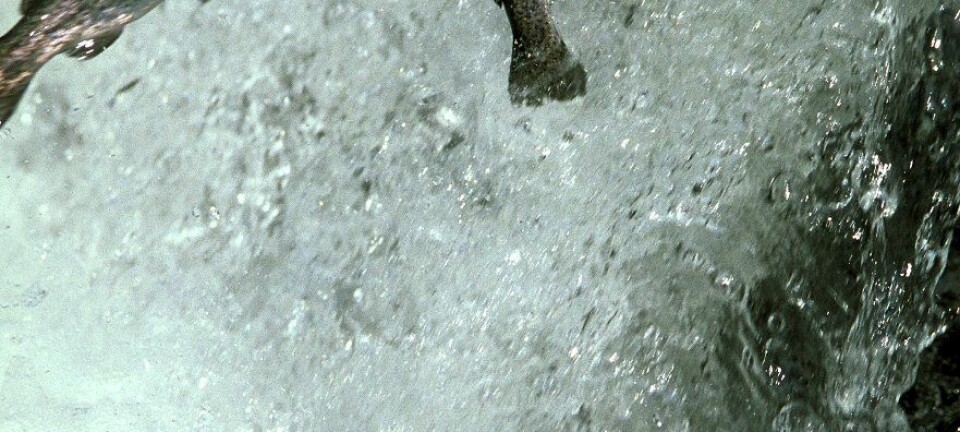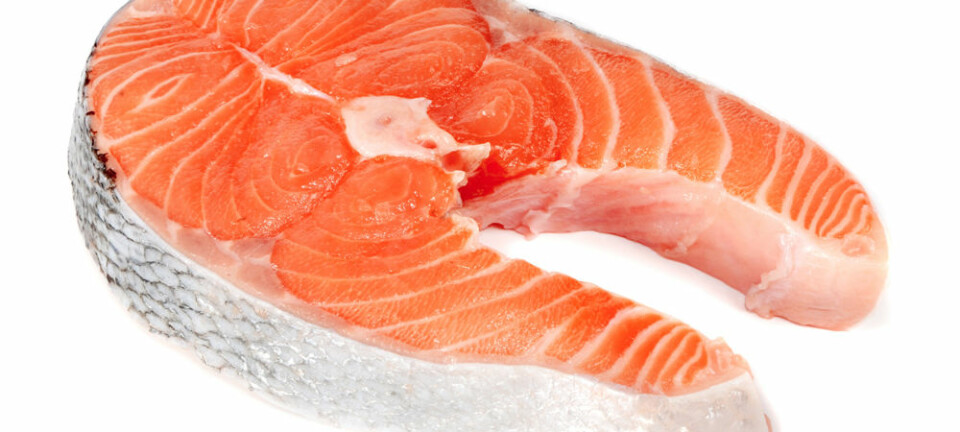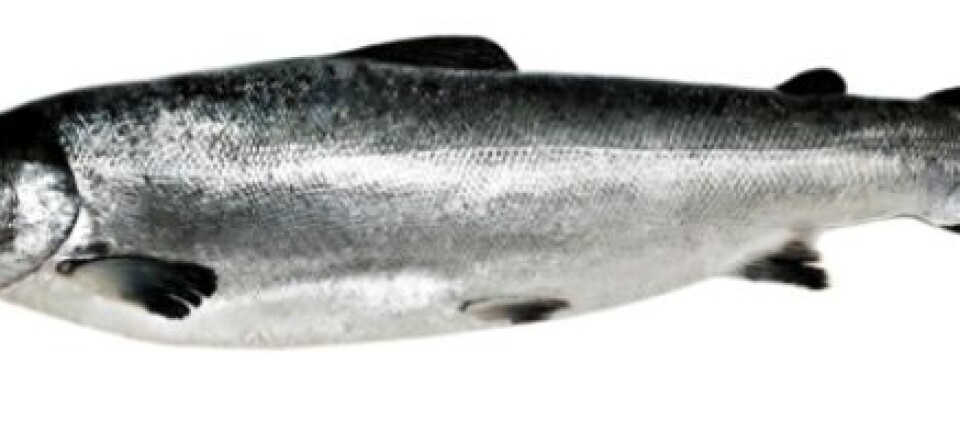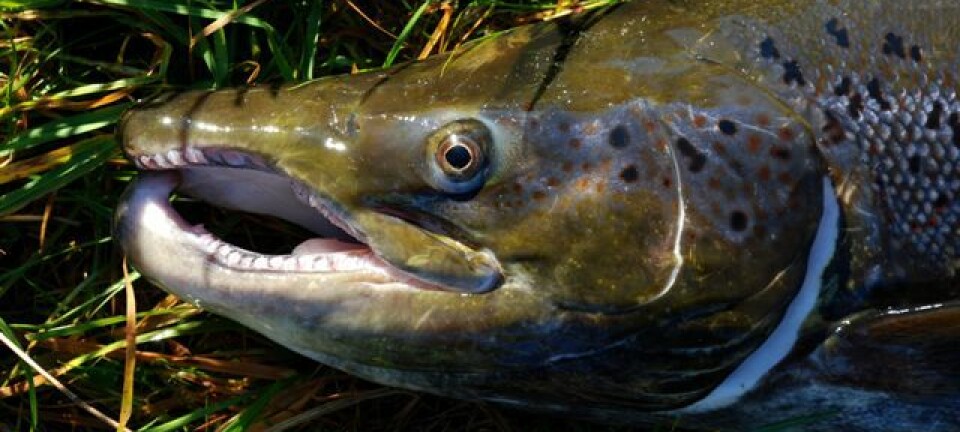This article was produced and financed by Institute of Marine Research
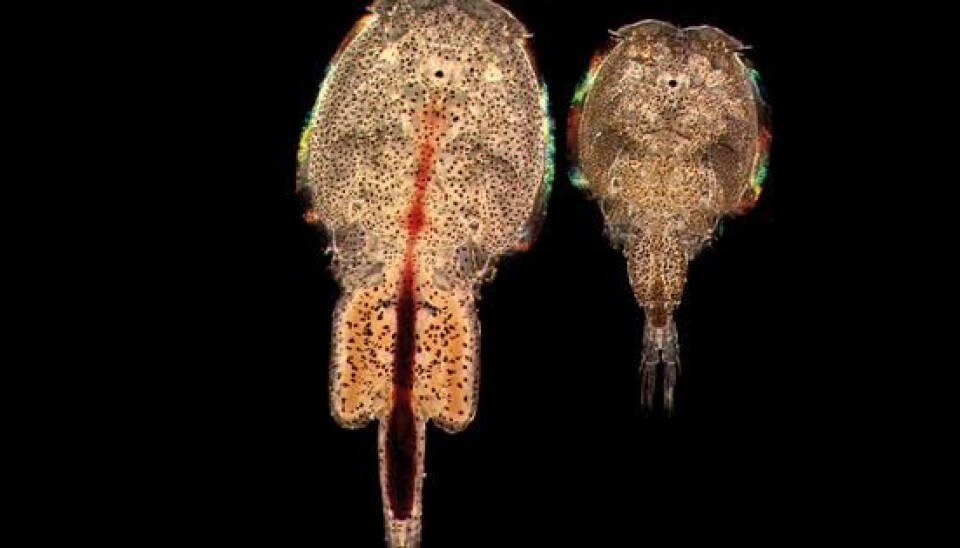
The lifecycle of the salmon louse has changed
Originally, the salmon louse was described to have nine larval stages, but a new study shows that it only has seven.
Denne artikkelen er over ti år gammel og kan inneholde utdatert informasjon.
New results have shown that the salmon louse has seven larval stages before it develops into an adult. Previously, nine larval stages have been described by scientists.
As the louse undergoes ecdysis between each stage, the number of molts has also been reduced.
One of the reasons why the new studies were initiated was that the salmon louse appeared to have an unusually large number of larval stages compared to related animals.
"The two stages that have 'disappeared' are chalimus stages, where the louse is attached to the host fish by a filament. These stages are difficult to follow since they are small and sitting on the fish. This is one of the reasons why the number of stages was determined wrongly," say the researchers that are involved in the study.
Also, this new study has revealed that chalimus larvae grow in size between the molt events. Normally, animals with an exoskeleton need to molt to expand in size.
According to the researchers, it has now been established that the salmon louse chalimus larvae also expand in size between molts.
Important results for the industry
The new results are important both for researchers and for the aquaculture industry.
"As a researcher it is obviously important to have as much knowledge as possible about the animal that we study," say the researchers.
For the industry information understanding the lifecycle and the number of molts, is interesting because some of the compounds that can be used against salmon lice infestation are inhibitors of the molting process.







